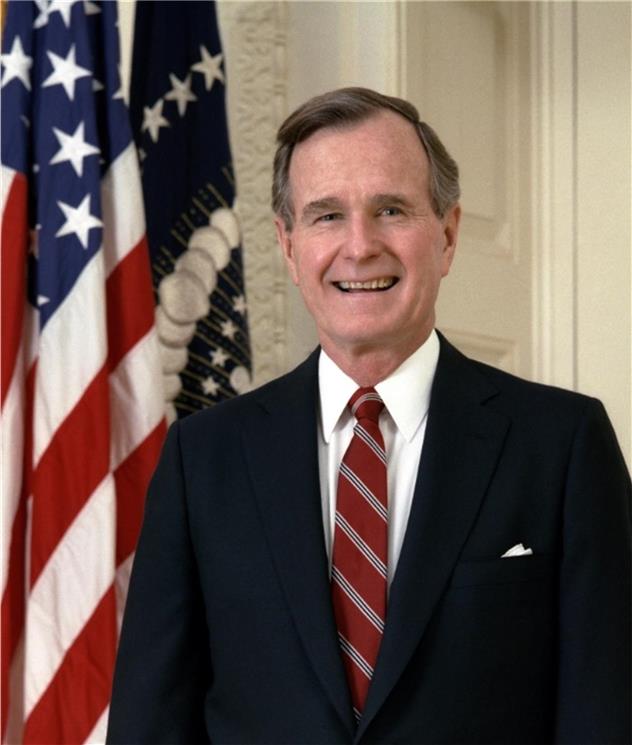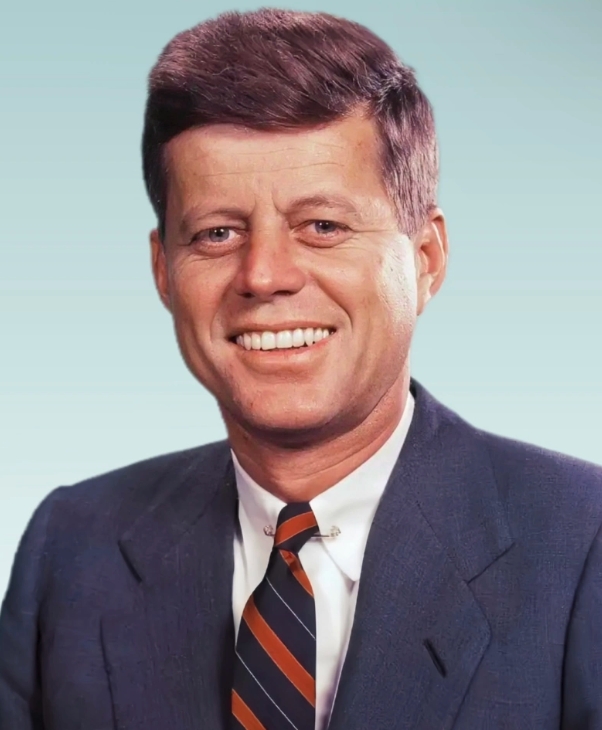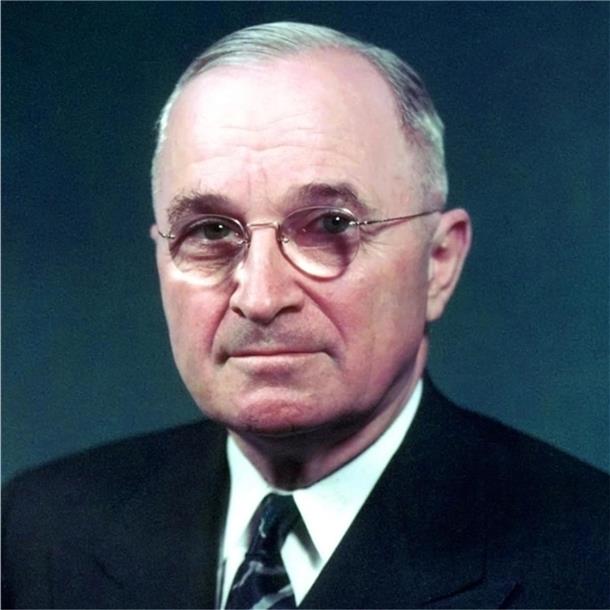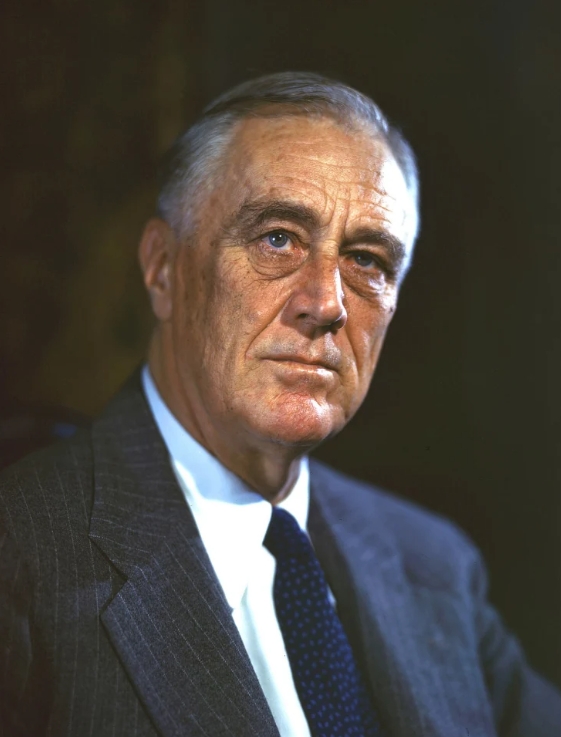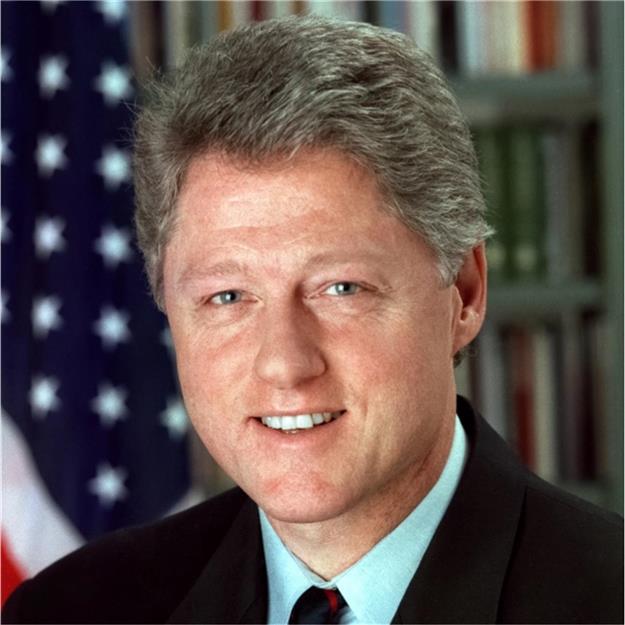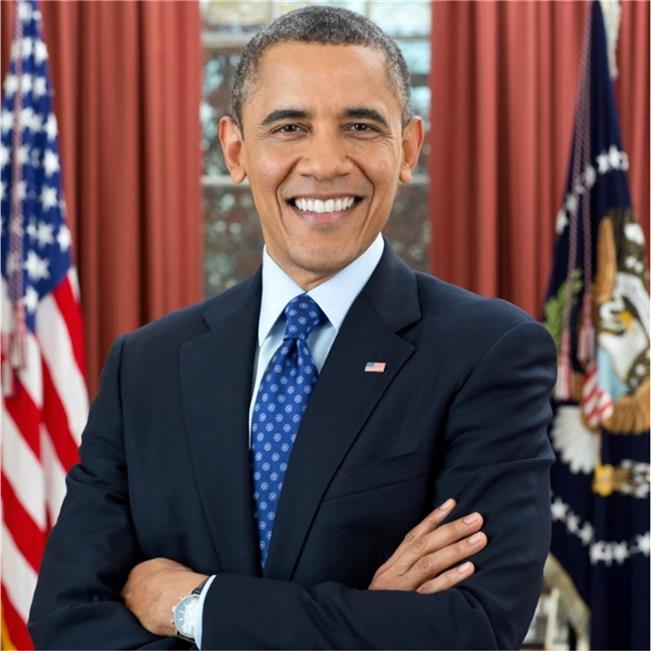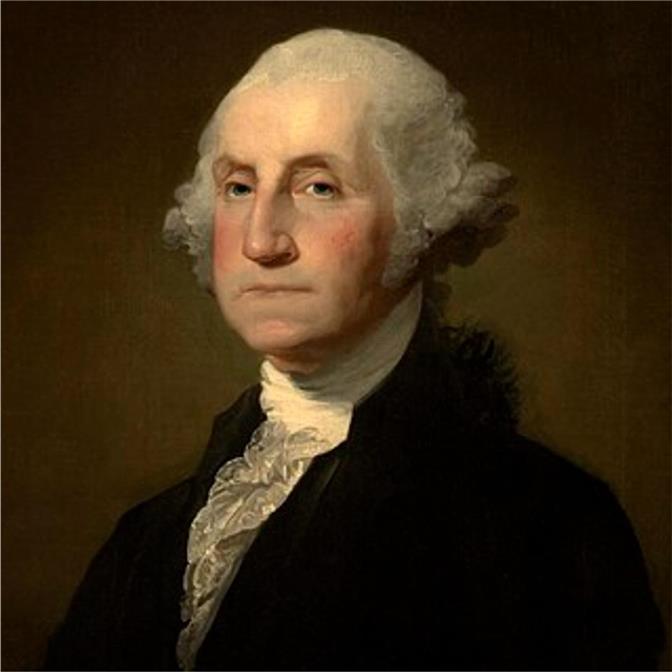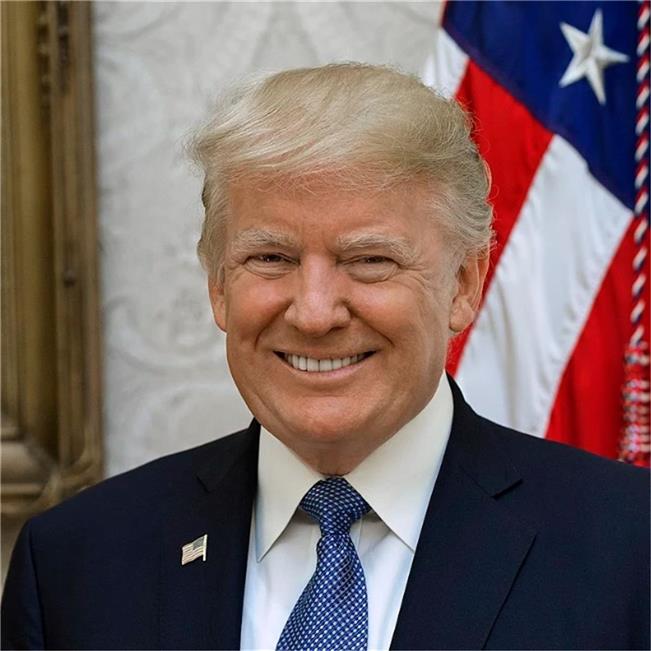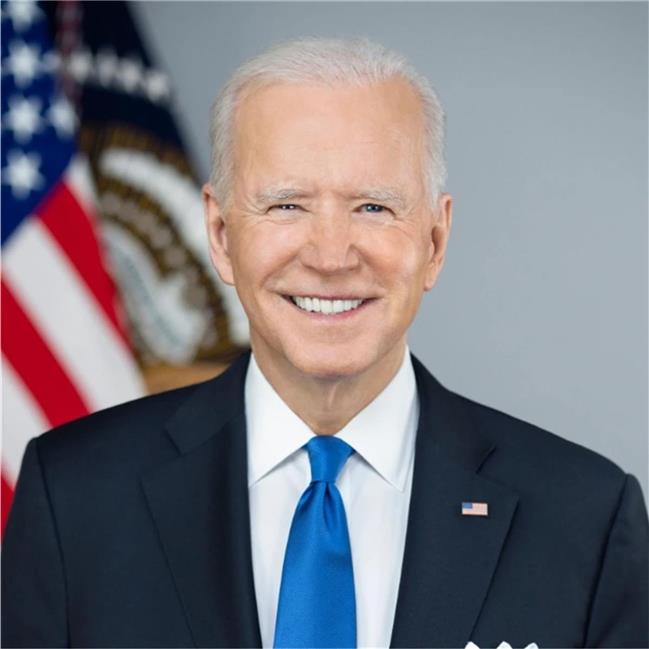George Bush evinced a lifelong respect for traditional American values and a determination to harness them to his goal of building "a kinder and gentler nation." In his inaugural address he stated that America's strength must be used as a "force for good."
George Herbert Walker Bush was born in Milton, Massachusetts, on June 12, 1924. In the Bush family there is a tradition of public service, and young George was quick to follow it. At 18, soon after he graduated from Phillips Academy in Andover, Massachusetts, he enlisted in the armed forces and became the youngest pilot in the Navy at that time to receive his wings. During World War II he flew 58 combat missions for which he was awarded the Distinguished Flying Cross for bravery in action. One of those missions ended when Bush's torpedo bomber was shot down by Japanese antiaircraft fire over the Pacific Ocean. After parachuting from the burning plane, he spent hours floating alone in an inflated life jacket, until he was rescued by a U.S. submarine.
Returning from the war, Bush married Barbara Pierce. They would have six children: George, Robin (who died as a child), John (known as Jeb), Neil, Marvin, and Dorothy.
Completing his education at Yale University, where he ran track and was a member of Phi Beta Kappa, Bush started a career in the West Texas oil industry and moved on into politics and public service. In 1966 he was elected a Republican representative to Congress from Texas, and he ran twice for the Senate.
In the first Bush-Quayle ticket defeated Democrat Michael Dukakis and Massachusetts Senator Lloyd Bentsen. On January 20, 1989, George Bush took the oath to become the forty-first President of the United States.
During Bush's term of office, he faced a dizzy array of world-changing events as the Cold War ended, the Communist empire crumbled, and the Berlin Wall fell; the Soviet Union ceased to exist; and reformist President Mikhail Gorbachev, whom Bush had encouraged, resigned. While Bush supported democracy's march around the world, he restrained U.S. attempts to capitalize on an unexpected and not fully understood upheaval.
In Panama, where General Manuel Noriega was threatening the lives of U.S. citizens and the operations of the Panama Canal, President Bush authorized the U.S. military to replace the murderous Noriega with a democratically oriented regime. Noriega was captured, turned over to U.S. custody, and charged with multiple drug trafficking offenses.
The event for which President Bush will be best remembered occurred at the end of 1990. An Iraqi army led by dictator Saddam Hussein invaded neighboring Kuwait and threatened Saudi Arabia. When Saddam Hussein ignored United Nations efforts to resolve the crisis, and after leading a strong United Nations coalition, gaining the support of Congress and the American people, Bush sent U.S. troops to liberate Kuwait. They were joined by another 118,000 troops from 33 allied nations. Air and missile bombardment preceded the 100-hour ground conflict known as Operation Desert Storm, ending in a decisive victory. It was a dramatic moment in American history, exemplifying the new world order of which Bush spoke with some frequency.
George H. W. Bush died on November 30, 2018 at the age of ninety-four.
 Famous Persons
Famous Persons English
English
